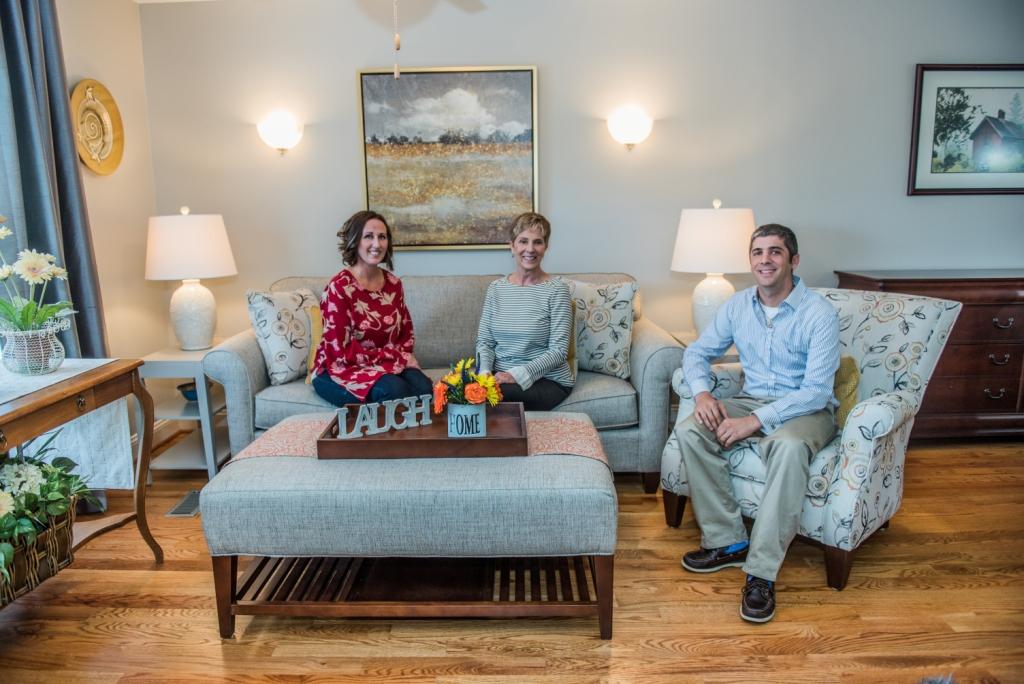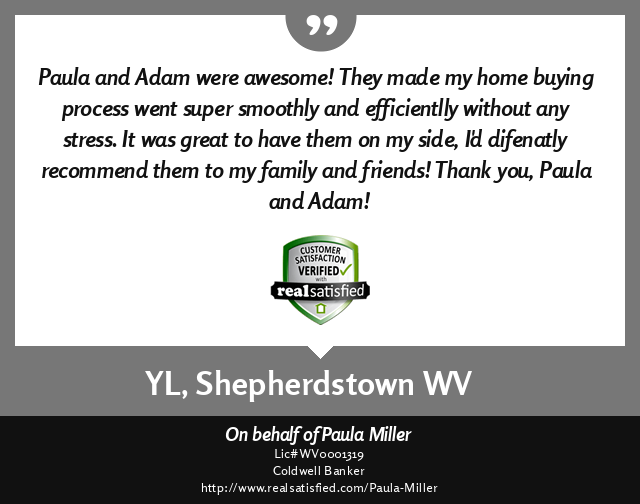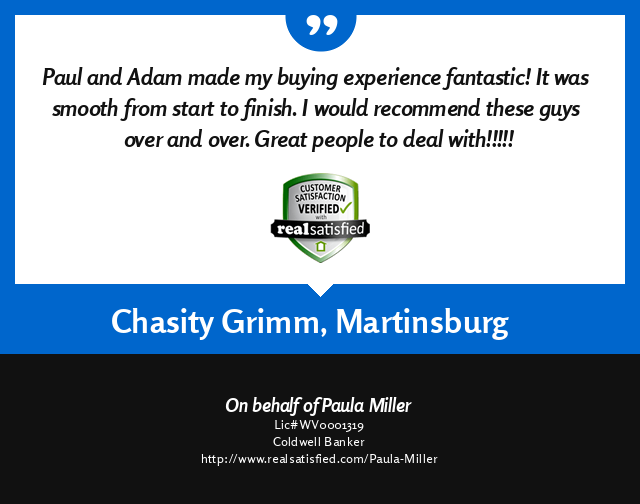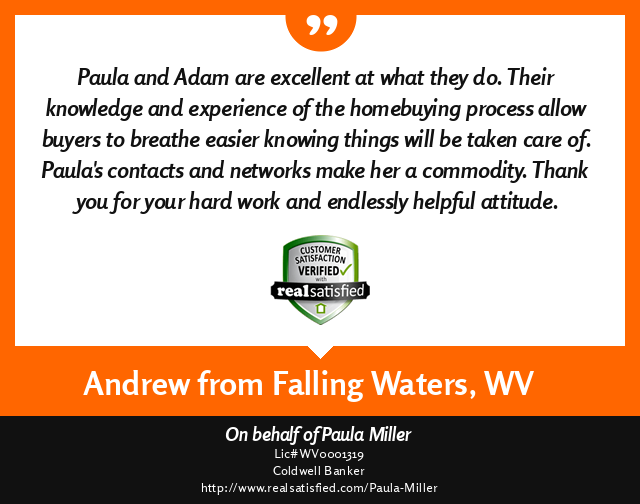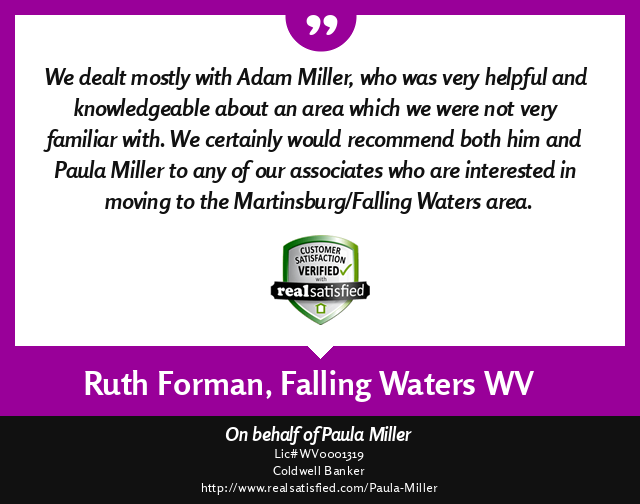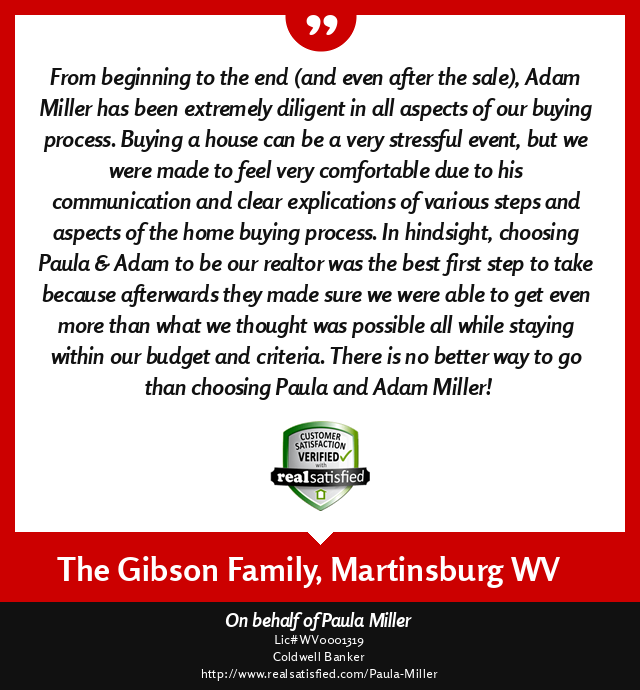What is the neighborhood like?
An easy question for buyers to ask and a difficult one to answer as a real estate professional.
I can talk about the amenities in the area, provide statistics for the county, and give a driving tour of the area. We can talk about school, crime statistics, and gas prices. I can show the local hot spots, give directions to the best supermarket, and provide information on festivals and activities. We can talk about the average home values in the neighborhood, how many units have sold, and how many houses are for sale. We can even talk about why they might be for sale.
I cannot, and would not, provide discriminatory information, lead a buyer into a specific area, nor suggest that a buyer would be better suited for another neighborhood. This is reinforced through the Civil Rights Act of 1866, the Fair Housing Act of 1968, the Equal Credit Opportunity Act of 1974, the Americans with Disabilities Act of 1990, and other anti-discriminatory acts at the State and Federal level.
If this information is important then I suggest meeting the neighbors personally, stopping by the school bus stop during drop-off, or visiting the neighborhood on a nice day when people should be active.
What other expenses will a buyer have?
There are some "hidden costs" related to home buying other than the loan amount and interest.
Some of the common expenses borne by the home buyer will include a home inspection, an appraisal, closing costs, attorney fees, and property taxes.
A home inspection should cost between $350-$600 and that will be influenced by the size of the home and any other special conditions. Additional costs can be incurred through radon testing, mold testing, and structural studies. This is a cost which the buyer will pay prior to settlement when the service is performed.
An appraisal should cost around $500-$600 depending on the type of loan. The appraiser is selected through the lender, and lenders may offer a "lender credit" to offset some associated costs.
Further closing costs will depend on the type of mortgage which is selected, and each product may vary drastically. A buyer's closing costs can sometimes be wrapped into the loan or can be covered by a kind seller. Closing costs can range from $1,500 to $14,000 or more for high-risk Purchasers, but they will typically range from $4,500 to $8,500.
Attorney fees are one area which can be priced out competitively, but they will range between $350-$750 for a local settlement attorney, depending on the nature of the transaction.
How do real estate taxes work in West Virginia?
Generally speaking, property taxes in West Virginia are assessed at 60% of the determined value of the property. Property values are determined by the County Assessor who is an elected government official. Rental properties (Class 3 Taxes) are charged double the tax of an owner-occupied (Class 2 Taxes) property.
All property taxes (real estate property and personal property) are payable in two installments, due September 1st of the tax year and March 1st of the following year. Up to a 2.5% discount is allowed for taxes paid prior to those due dates.
Should I get a home inspection?
A home inspection includes great information for a home buyer and acts as a layer of protection during the purchase of a property.
A certified home inspector should inspect the structure, roof, electrical, plumbing, HVAC, insulation and ventilation of a property among other items. A home inspection will also include a full report including pictures of every area inspected. The report will include preventative maintenance practices for common issues, suggestions for upkeep of marginal areas, and corrective actions for defective items.
The home inspection is also a buyer's opportunity to perform radon and mold testing. In West Virginia, radon is prevalent and is frequently mitigated with an active radon system which vents the gases outside of the home. Mold is not as common but typically is the result of water infiltration into a basement or a defective roofing system.
If nothing else, the home inspection serves as a great educational opportunity for the future home owner. Home inspectors are able to show how testing is performed, where testing is performed, and maintenance practices that should be followed to avoid future problems.
The typical cost of a home inspection depends on the size of the home but may vary between $350-$600.
Can we go see a property today?
The quick answer is, yes! However there are a couple things that we like to know.
First, buyers typically should be pre-qualified for a mortgage prior to shopping for any property. Pre-qualification can typically be done in a matter of hours, minutes even - if you have the right resources. For comorehensive information on the mortgage process check out my Mortgage Guide which includes timelines and expectations
Secondly, I need to know if a buyer has been working with any other real estate agents. We work together frequently, and there are laws protecting one another's business. We can still visit the property today, but I need to know who you have worked with most recently.
How much are utility costs?
This is a common question, and an important one. Sellers do not always make this information immediately available. Utility costs can be influenced by the size of the home, the efficiency of appliances, and the generation method used (electric, natural gas, propane, etc).
As an agent I will ask for the utility bills, provide a list of service providers, and can make an offer contingent on the satisfactory knowledge and acceptance of the costs.
What is the history of the property?
Within a few minutes I can tell you the sales history of most properties in West Virginia, Virginia, Maryland, Washington, D.C., and Pennsylvania dating back to around 1990. Documents dating before that time may be available through the county courthouse deed records and property taxes.
A lot of information can be discovered about a home quickly through a history search. Was it ever a foreclosure? Was the home purchased at a discount and flipped by investors?
When was the septic tank pumped?
Septic pumping is recommended every three to five years depending on the size and usage of the septic system. There are some feelings that pumping a septic tank can eliminate the good bacteria which is necessary for its operation, so many homeowners will not have their septic system pumped unless they feel it is necessary.
The average cost of a septic pumping is around $350. The cost is generally borne by the seller but is commonly negotiated.
Below is a suggested pumping schedule for septic tanks based on their size in gallons and the amount of people using the system.
|
Tank
|
Household
Size
|
|
(gallons)
|
1
|
2
|
3
|
4
|
5
|
6
|
|
500
|
6 Years
|
3 Years
|
1.5 Years
|
1 Year
|
6 Months
|
4 Months
|
|
750
|
9 Years
|
4 Years
|
2.5 Years
|
2 Years
|
1.5 Years
|
1 Year
|
|
1,000
|
12.5 Years
|
6 Years
|
4 Years
|
2.5 Years
|
2 Years
|
1.5 Year
|
|
1,250
|
N/A
|
7.5 years
|
5 Years
|
3.5 Years
|
2.5 Years
|
2 Years
|
|
1,500
|
N/A
|
9 Years
|
6 Years
|
4 Years
|
3.5 Years
|
2.5 Years
|
|
1,750
|
N/A
|
N/A
|
6.5 Years
|
5 Years
|
4 Years
|
3 Years
|
Is it better to rent or own?
This is a common question which is hotly debated. There are so many variables involved, and each has its own benefits.
In the short term renting may be a cheaper alternative. However, rent will continue to escalate over the years. A long term benefit to owning a home is that a fixed rate mortgage will remain a steady payment. Home owners also benefit from tax deductions and generally will see an increase in property value over time.
On the other hand, home owners will have to cover a myriad of replacement expenses which renters typically will not incur. There are also other hidden expenses to home owners such as property taxes, home owner's insurance, closing costs, transfer fees, and down payments. Make sure to have all of the costs when pricing out a mortgage.
There are often several up-front costs involved with renting a property which are overlooked. There is typically a requirement for the last month's rent and often a similar requirement for the first month's rent in order to secure a sought after e property. It is also typical of the lessor to require a security deposit equal to one month's rent which would be returned at the conclusion of the lease as long as no substantial damage has occurred. Additionally, a pet deposit is often required from lessee's and is often charged per pet. All things considered these costs may result in a total which is three times the asking price for a rental.


